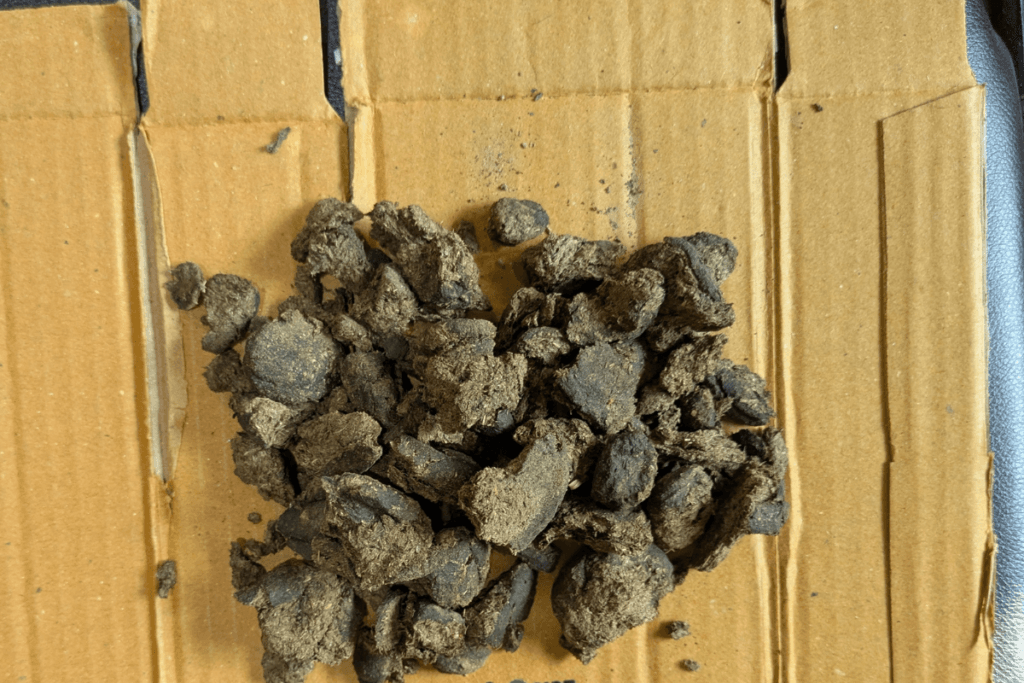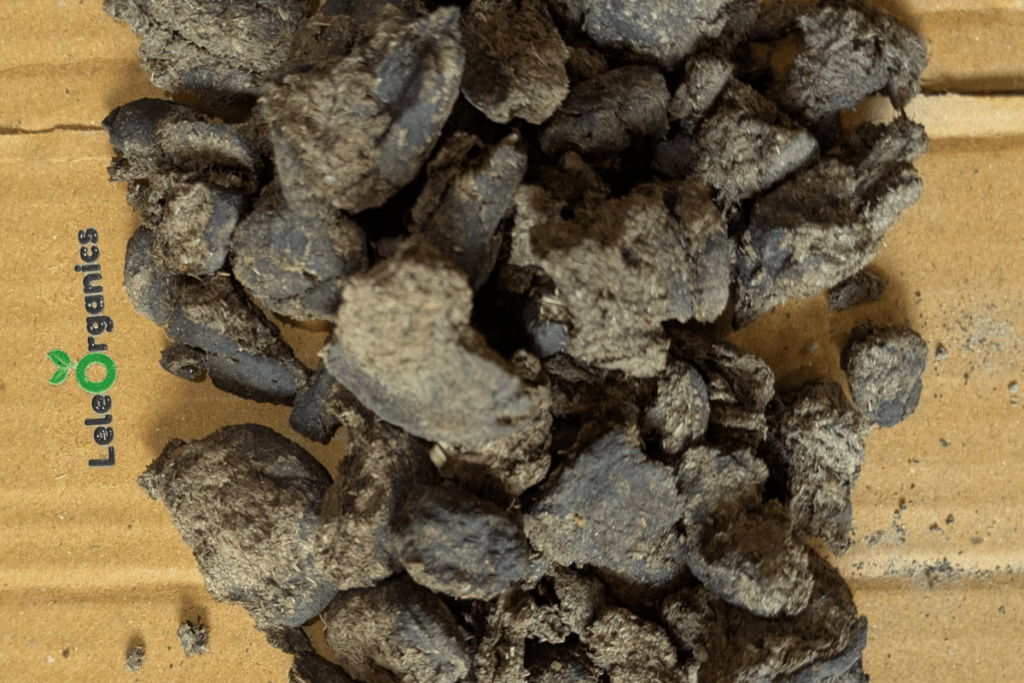Cow dung manure is a natural and highly effective fertilizer that has been used for centuries to improve soil health. With the growing demand for organic farming and gardening products, turning cow dung into manure can be a profitable business. Here’s a detailed, step-by-step guide to preparing, selling, and earning money from cow dung manure, explained in simple terms.
Step 1: Collect Fresh Cow Dung
The first step is to source cow dung. If you own cows, you already have access to this resource. Otherwise, you can collaborate with local dairy farms or cattle owners to collect dung.
How much dung can you collect?
A single cow produces about 10-15 kg of dung daily. If you have 10 cows, that’s around 100-150 kg of dung per day, or 3-4.5 tons per month. Ensure that the dung is free from contaminants like plastic, chemicals, or non-biodegradable materials. Clean dung is crucial for making high-quality manure.

Step 2: Dry the Cow Dung
Raw cow dung contains a lot of moisture, so it needs to be dried before being processed further.
How to dry it:
Spread the fresh dung in a sunny, well-ventilated area. Turn it occasionally to ensure even drying. Depending on the weather, the dung may take 3-7 days to dry. Drying reduces the odor and makes the dung easier to handle during the composting process.
Step 3: Composting the Cow Dung
Turning cow dung into compost involves breaking it down into nutrient-rich manure through natural decomposition. Here’s how:
Add dry leaves, straw, or crop residues to the cow dung. This helps balance the carbon-to-nitrogen ratio, which is essential for effective composting. Arrange the mixture into heaps or compost pits. Ensure the heap is not too compacted; this allows air to circulate and speeds up decomposition. Keep the compost heap damp but not waterlogged. Sprinkle water if it’s too dry. A good rule of thumb is to maintain moisture levels similar to a wrung-out sponge. Every 7-10 days, turn the heap with a shovel or garden fork. This aerates the pile, helping the decomposition process and preventing bad smells. Within 6-8 weeks, the cow dung and agricultural waste will break down into dark, crumbly, and nutrient-rich compost. You’ll know it’s ready when it no longer smells like dung and looks like soil.

Step 4: Sieving and Packaging
Once the composting process is complete, it’s time to prepare the manure for sale.
Use a sieve or mesh to remove large particles and create fine, uniform manure. Pack the manure into bags of 25 kg, 50 kg, or smaller units based on customer preference. Use sturdy, eco-friendly bags for better appeal.
Label the bags with details like:
- Weight
- Nutritional content
- Instructions for use
Step 5: Selling the Manure
There is a strong market for cow dung manure, especially among organic farmers, gardeners, and urban households. Here’s how you can sell it:
Target Buyers
Small or Big Farmers need large quantities of manure for their crops. Selling in bulk to local farmers can generate steady income. Urban gardeners and households with potted plants or lawns are always looking for natural fertilizers. Supply packaged manure to nurseries or gardening stores for resale. Sell through websites like Amazon, Flipkart, or gardening-specific e-commerce sites to reach a wider audience. The price of cow dung manure depends on its quality and packaging. Generally:
- Loose manure: ₹5-7 per kg
- Packaged manure: ₹8-10 per kg
Selling in bulk to farmers might fetch lower prices, but packaging and selling in small quantities to urban customers can bring in higher profits.
Revenue Potential
Let’s calculate the potential revenue from a small-scale operation (10 cows) and a larger-scale operation (50 cows):
Production
- Each cow produces about 10-15 kg of dung daily.
- With 10 cows: 100-150 kg/day or 3-4.5 tons/month.
- After composting, you’ll get about half the original weight as manure.
- 10 cows produce 1.5-2.25 tons of manure/month or 18-27 tons/year.
Revenue from Selling
- Price per kg: ₹5-10 (average ₹7.5/kg)
- Monthly Revenue: ₹11,250 to ₹16,875
- Annual Revenue: ₹1,35,000 to ₹2,02,500
For 50 cows:
- 15-22.5 tons of manure/month
- Monthly Revenue: ₹1,12,500 to ₹1,68,750
- Annual Revenue: ₹13,50,000 to ₹20,25,000
- Initial Setup
- Composting pits or heaps: ₹20,000-50,000
- Sieve and packaging materials: ₹10,000-20,000
- Recurring Costs
- Labor for turning compost and packaging: ₹5,000-15,000/month
- Transportation: ₹5,000-10,000/month
- Packaging bags: ₹2-5 per kg
Profit Estimate
- For 10 cows: Net profit can range from ₹50,000 to ₹1,50,000 annually.
- For 50 cows: Net profit can range from ₹5,00,000 to ₹10,00,000 annually.
Ways to Increase Profits
Add bio-fertilizers, neem powder, or other organic nutrients to create “enriched manure” and sell it at a premium price. Introduce earthworms to the composting process to create vermicompost, which has higher market value. Market your manure as “organic” or “eco-friendly” to attract urban and environmentally conscious buyers. Use social media and e-commerce platforms to reach more customers. Sell related products like liquid manure (compost tea) or bio-pesticides made from cow dung and urine.
Why This Business Makes Sense
With the rise in organic farming and home gardening, the demand for natural fertilizers is growing. The main raw material (cow dung) is inexpensive or free if you have your own cattle. Turning waste into a valuable product helps reduce pollution and promotes sustainability. You can start small and expand as your customer base grows.
Conclusion
Preparing and selling cow dung manure is a simple, low-cost business that can generate steady income while supporting sustainable agriculture. By focusing on quality, targeting the right markets, and exploring value-added products, you can turn this humble resource into a profitable venture. Whether you’re a farmer, entrepreneur, or gardening enthusiast, cow dung manure production offers a rewarding opportunity to earn while helping the environment.






